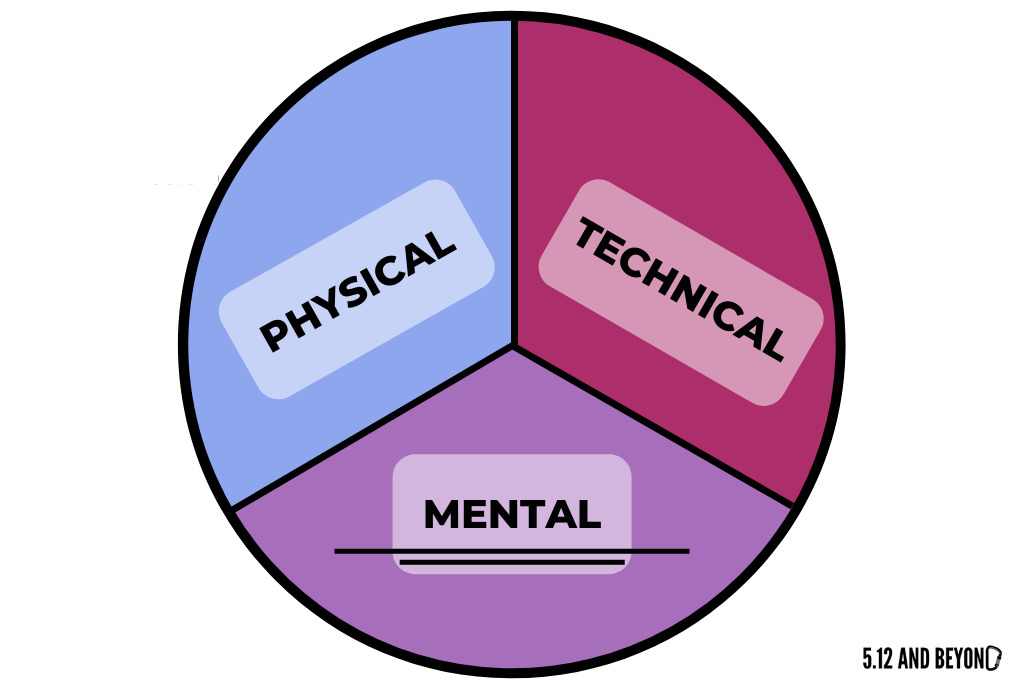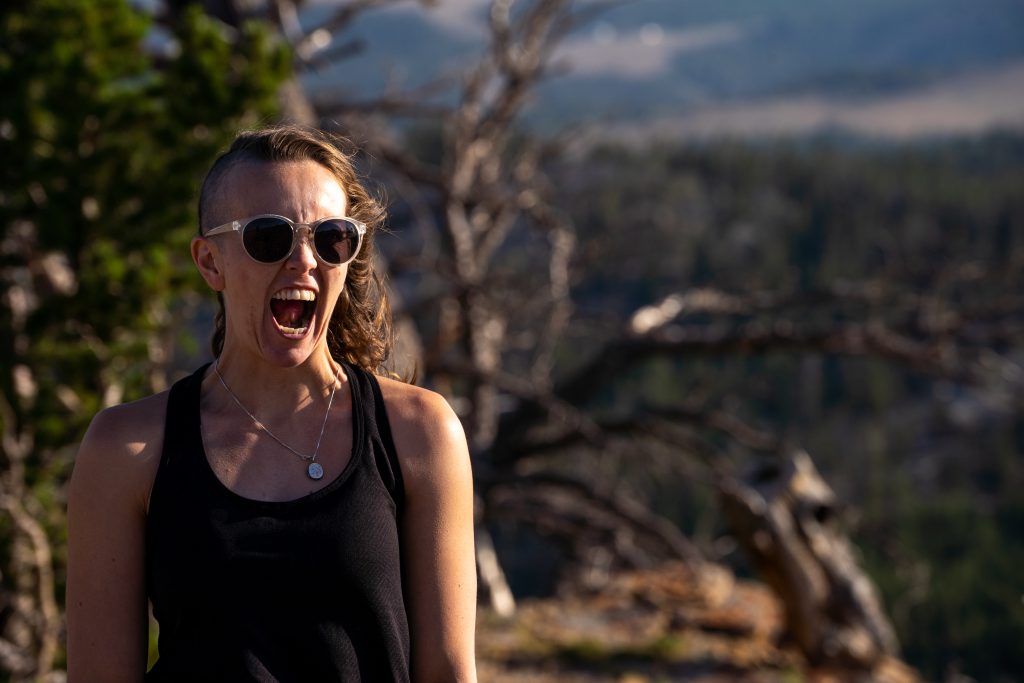One of the most important things I’ve learned in climbing is deceptively simple: it’s that you take yourself up the wall with you. No shit, right? Seems obvious. But for some reason, it wasn’t obvious to me – at least not in a useful way. And I think it’s really important for longevity in climbing.
Keeping the fire alive is the key to any pursuit: consistency over time is how you get good at everything. It’s very hard to progress without psych – and I mean in the big picture, not during a single session or a week, month, or even season.
So what exactly does it mean to take yourself up the wall with you?
Well, you’re just one human, and every part of your life is connected. If you have a hard time at work, a stressful day, or a bad sleep, you’ll probably notice that on the wall. It’s unreasonable to expect your life to be a totally separate experience from your climbing. This is very easy to see in the physical world, so here’s an example.
Example time
Imagine you play social tennis twice a week. You’ve also signed up for a marathon that you need to train for, and you’re climbing five days a week too. 1) You probably wouldn’t be in this situation in the first place and 2) if you were, you would have a fundamental understanding that having multiple demanding physical objectives at once means that all of them will be harder to achieve. You will be more physically tired. You probably won’t expect yourself to progress your climbing at the same time as marathon training – or, you’ll prioritize climbing and sacrifice running. Tennis will probably stop being fun: you just won’t have the energy.

I feel like these things are pretty easy to see. Tell anybody you’re training for a marathon, climbing five times a week, and playing social tennis, and they’ll give you a look. Then, they’ll probably tell you to be careful and not get injured.
Here’s the part you might not know
Your mind follows pretty similar rules to your body. But mental exertion is generally less noticeable, less measurable, and less widely recognized. It’s easy to know that you’re sore and tired from sport A, ergo sport B will be hard and your performance will suffer. It’s harder to know that you’re stressed and tired from life, so any sport will be hard and your performance will suffer. And if you’re trying to achieve in a sport – like, say, push grades – you’re going to have a really hard time.
As we all know, climbing is a physical, technical, and mental sport. It’s typically broken down into these three parts like so.

This means the mental side is just as important as the physical side.
You can’t expect top-tier mental performance if your mind is preoccupied with other things. Work, life, relationships, money… whatever it is, it takes up space. And you might feel like climbing is totally fine. And it is – you probably do it because you love it. But trying hard might not be.
If you’re anything like me, you might be like “why can’t I try hard” and get really frustrated and confused and bang your head against the wall endlessly. There’s a much better way to go about this though: just give yourself some grace. You are capable of recognizing mental loads if you open your eyes to them.
How to spot mental fatigue
Going for a hard run before climbing = a compromised session. Having a hard day at work also = a compromised session. So does making life changes, fighting with your significant other, moving, a pandemic… you get the idea. It’s so much nicer to be able to recognize these things and modify your expectations. That way, you can get the fun part of climbing – which will probably help your head – without the disappointment and frustration.
I still forget about this sometimes
Right now, I’m on a flight from Grand Junction to San Diego. I was going to spend a week climbing in Rifle. But I’m also in the middle of moving to Vegas. On the one hand, I was like “but I’m already here”. I was in Colorado for my sister’s 30th, and I thought I’d stay a week and climb. Only, I didn’t really want to climb – or at least, not at Rifle. I wanted to pack, say goodbye to my friends, and have some downtime before the inevitable stress of moving. So, I bailed on a week in Rifle to hang out in San Diego and climb at the gym.
Old me would never have done that. Never in a million years would I have turned down a week in Rifle – for any reason. That would be totally outrageous. I would have stayed and tried to climb hard. But I would have been distracted, my performance would have suffered, and I would have had a shitty time.

It turns out that not having those miserable times makes climbing way more fun – and I perform much better. That’s why it’s important to be able to spot this one. We all take ourselves up the wall – it’s unavoidable. But once you can see what’s actually happening, you can address it. Whether that means changing whatever it is that’s compromising your head, climbing easier things, not climbing at all, or switching up your plans, anything is better than beating your head against the “why can’t I try hard” wall.
At the end of the day, maintaining a good relationship with climbing is more important than anything else. And forcing yourself to climb hard when it doesn’t make sense is kind of like a crash diet: it’s unsustainable. So be nice to yourself and make good decisions. You’ll crush more – and for longer – in the end.
Photos: Ryman Wiemann
